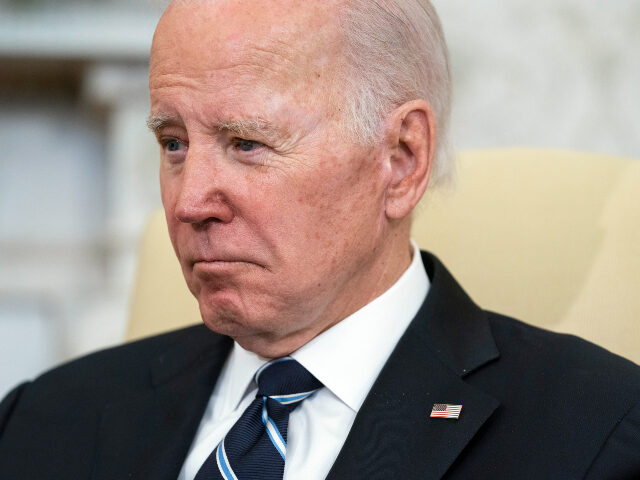Consumer confidence unexpectedly worsened in January as the short-term outlook for the economy turned grimmer.
The Conference Board, a private research outfit, said its consumer confidence index slid to 107.1 in January from an upwardly revised 109 in December. Economists had been expecting a second month of improvement to 109.5.
The index has now declined in three out of the past four months. December’s surge from November’s 101.4 marked the highest level since April 2022. That surge, however, looks to have not been the start of a trend.
The decline in confidence was due to a slump in the expectations index, which is based on the short-term outlook for income, business conditions, and the labor market. This fell to 77.8 in January from 83.4 in December. The Conference Board said readings under 80 often signal a recession within the next year.
“Consumers were less upbeat about the short-term outlook for jobs. They also expect business conditions to worsen in the near term,” said Ataman Ozyildirim, senior director at The Conference Board.
Expectations for business conditions turned negative, with a larger share of consumers saying they expect conditions to worsen than improve. The same is true for expectations of labor market conditions. In December, positive expectations had edged above negative expectations.
Households remain more confident about their income prospects, with more expecting incomes to increase than decrease.
Consumers’ expectations for inflation over the next 12 months moved up slightly from 6.6 percent to 6.8 percent. That’s below the peak of 7.9 percent recorded last June but the rise suggests that inflation may not decline this year as steadily as some have hoped and financial markets appear to expect.
Ozyildirim said that purchasing plans for autos and appliances held steady in January, but fewer consumers are planning to buy a home—new or existing. In a separate report, the S&P Corelogic Case-Shiller home price index indicated that home prices were down 0.5 percent in November, in line with expectations and the fifth consecutive monthly decline. Compared with a year ago, however, home prices are still up 6.8 percent. The Federal Housing Finance Agency’s home price index, which is based on homes purchased with loans securitized by Fannie Mae and Freddie Mac, showed prices falling 0.1 percent for the month and up 8.2 percent for the year.
The barometer of current business and labor market conditions improved in January, rising to 150.9 from 147.4 last month.

COMMENTS
Please let us know if you're having issues with commenting.